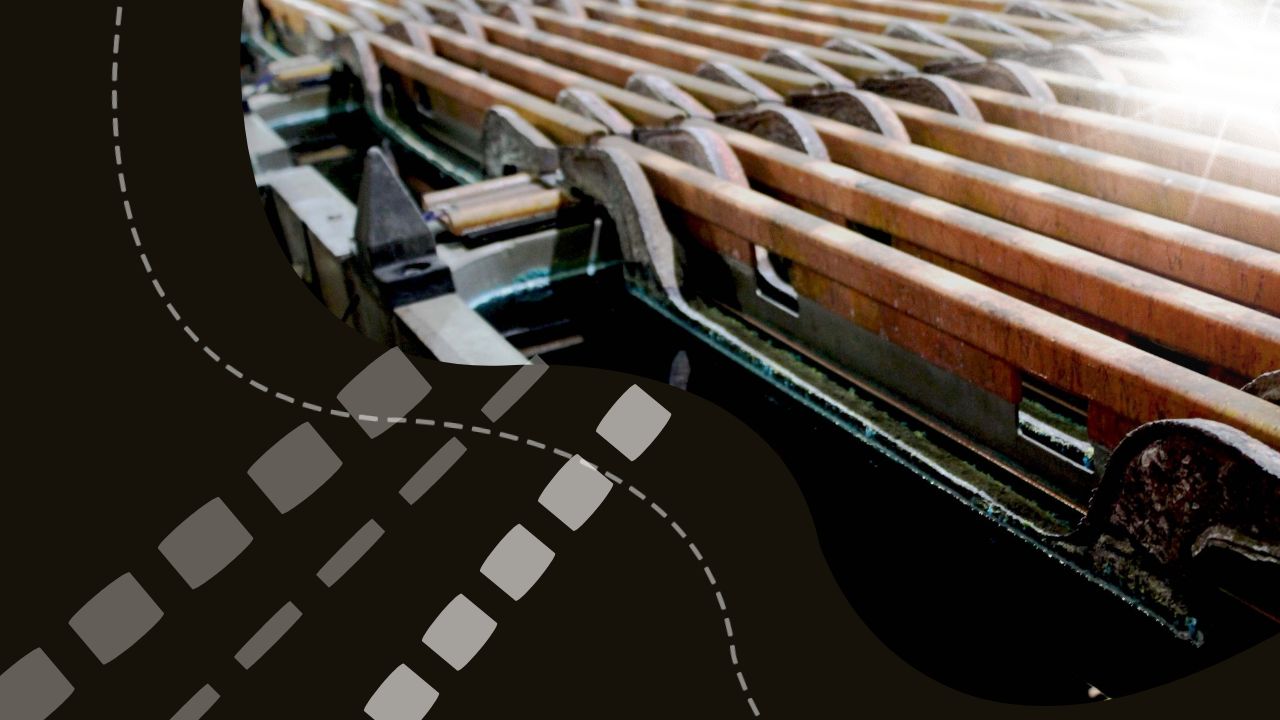The European Union (EU) has set targets to dig up, recycle and refine lithium, cobalt and other metals it needs for its green transition, but a shortage of new money, crippling energy costs and local opposition could put them beyond reach
The bloc will likely need to find ways to trim demand, find substitute materials and forge partnerships that break China's stranglehold on mineral supplies
The Critical Raw Materials Act (CRMA), due to enter force in early 2024, says the bloc should mine 10%, recycle 25% and process 40% of its annual needs of 17 key raw materials by 2030
The materials are essential for vehicle batteries, wind turbine magnets and other clean tech products the EU wants to manufacture The CRMA aims to reduce the bloc's reliance on China, which dominates global mineral processing and has already threatened EU supply with export curbs

